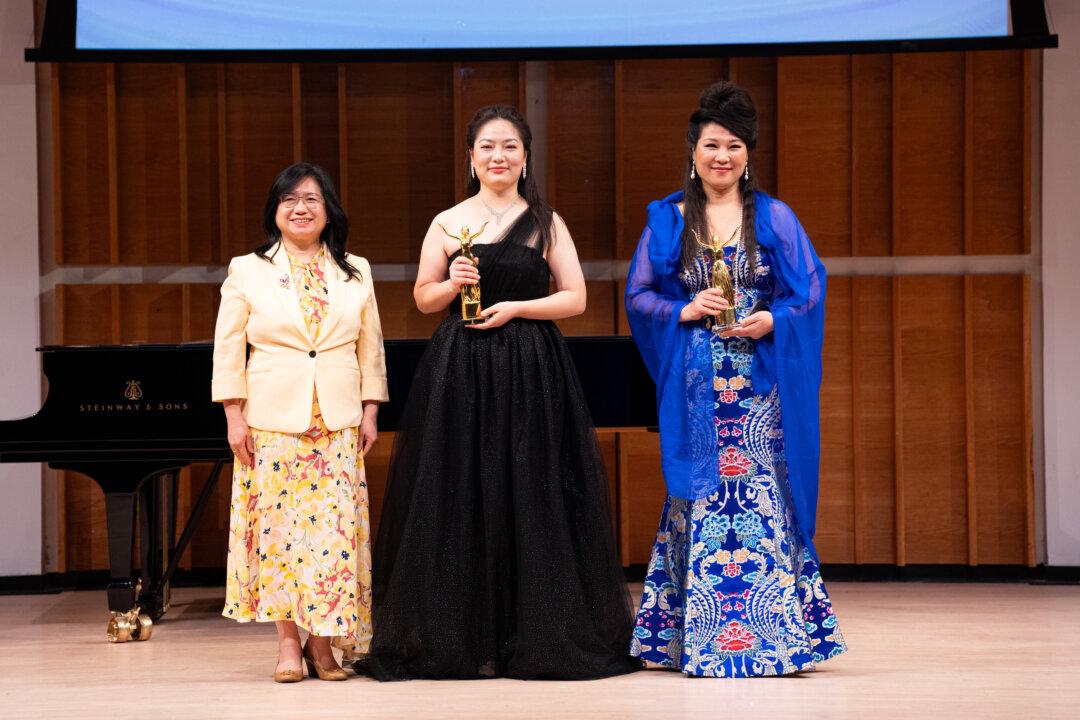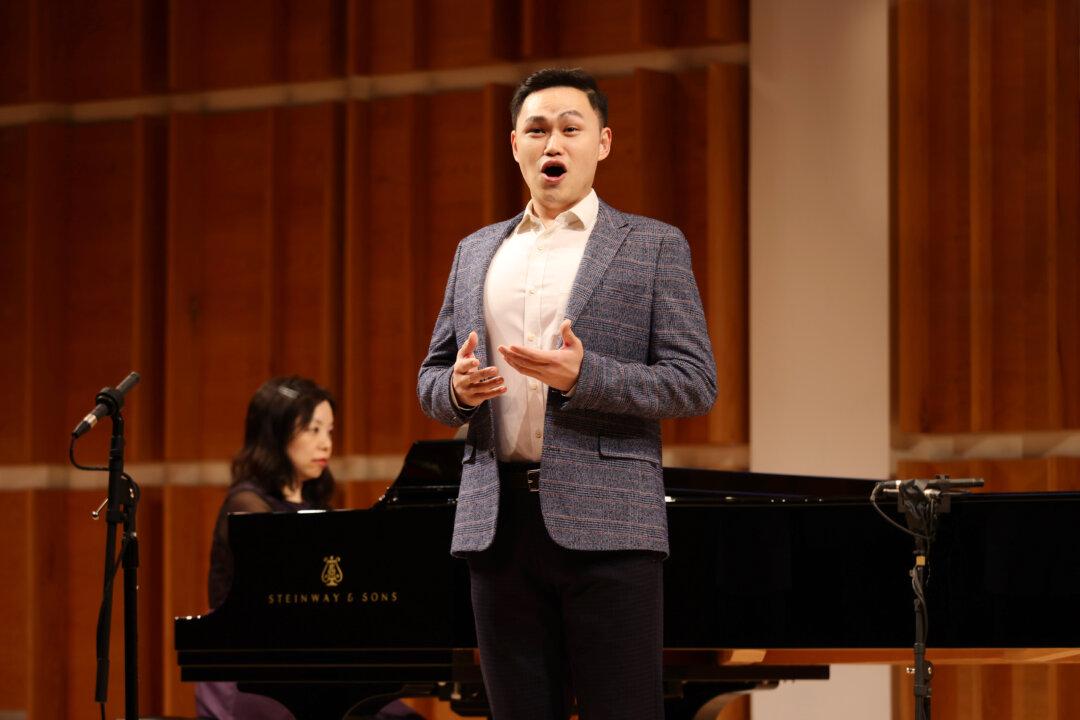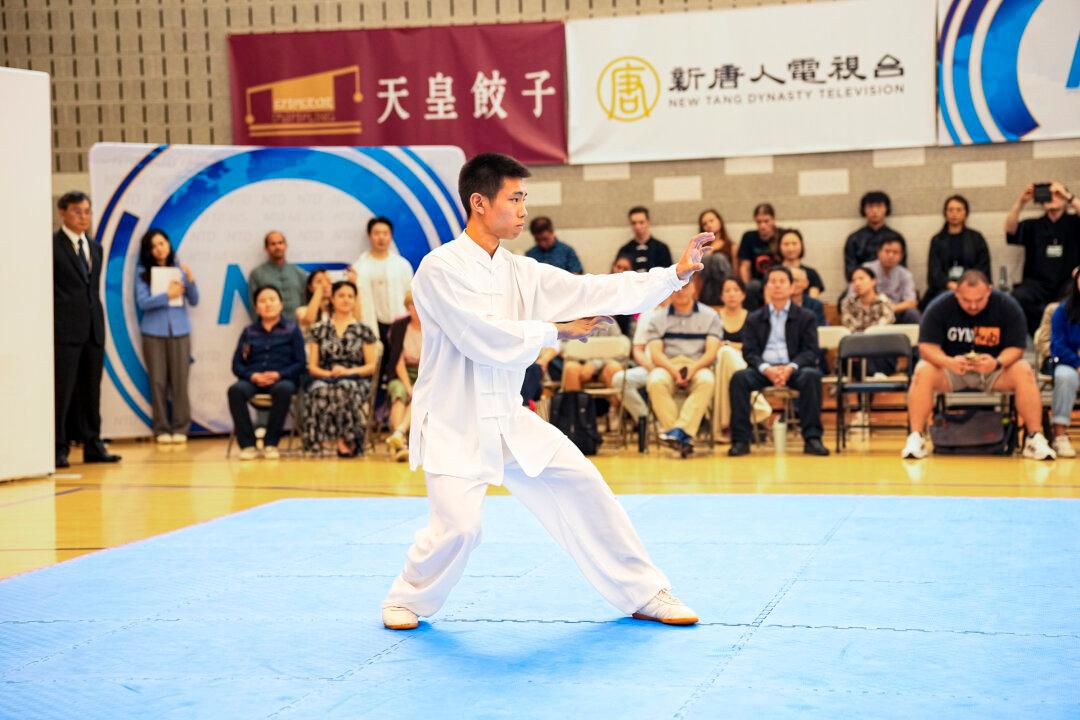A recent article by a Chinese civil servant lamenting the employment policies that coddle the masses of officials and other state-sponsored personnel as a dead weight upon the national economy and a gross social wrong.
“I feel guilty to those hard-working taxpayers,” the confession says. “They toil from dawn to dusk; why on earth should they have to support us, people who hold the office without lifting a finger, with their hard-earned money?”
The piece, first published in China’s Information Times on April 10, takes aim at the issue of civil servants who, having reached a certain degree of seniority, are reassigned to ornamental positions while continuing to receive full salary and benefits. This status is swallowed up in a Chinese phrase that means “resting but not retired.”
Describing himself as a retired Chinese official from the southeastern province of Zhejiang, the author points to himself as a typical case: for almost a decade, he held an “idle functionaries” position. His salary was 120,000 yuan (about $18,000), nearly three times the average Chinese income.
At the core of the matter is a set of state employment policies that consign older officials to “second-line positions” in order to open those jobs to younger personnel. But according to the author, his subordinates—who did not have such covetable employment—were not afforded such treatment and continued to work full schedules.
The author concludes the piece by noting that he refrained from speaking out until he was officially retired so as to be free of people talking behind his back. “This is a guilt that I have hidden at the bottom of my heart for years. I will never be happy if I do not speak it. Should I offend anyone by this, I cannot attend to that matter.”
Bloated government is a longstanding controversy in China. According to official statistics, there are about 10 million civil servants, but Chinese academic studies using different statistical methods say the true figure could be seven times that.
Cai Shenkun, a columnist for China Business World, said in an opinion piece that based triangulating on data from the most recent available sources, there were about 57 million Chinese citizens being supported by taxpayer money—a demographic nearly the size of the British population.
Cai’s article praises the anonymous retired official from Zhejiang, calling him “one of the few people who still maintain their conscience.”
While Cai admits that it’s impossible to know where the money is being spent exactly, it’s unlikely that as much is being spent on general social benefits as it should. The ratio of civil servants to ordinary citizens is about 1 to 26, similar to developed countries, yet ordinary Chinese are seeing their state-given benefits shrink as the economy slows down.
“Both civil servants and employees in state-run work units do not have to submit social security fees before retirement, but enterprise workers and freelancers have to submit endowment insurance monthly for at least 15 years before they can receive basic pension,” Cai said.
Services and facilities for public officials and civil servants are known for their extravagance, some examples of which are cited in Cai’s commentary.
The No. 1 hospital at Jilin University has been lampooned as an “eight-star ward of high extravagance for cadres” in a blog article posted to popular Internet forums and shared thousands of times on social media. The state-built luxury ward cost 400 million yuan (about $62 million) and is for the exclusive use of officials ranked as heads or deputy heads of departments.
Citing an investigation by the Chinese academy of sciences, Cai wrote that 80 percent of state medical expenditure is spent on eight million Communist Party and government officials. Of these, two million officials are on long-term sickness leave, and 400,000 are residing in wards or clinics reserved for cadres.
Cai commented that the superfluous expansion of government employment is a feature common to Chinese dynasties in their latter years, where corruption and nepotism have become established at the expense of commoners. Meanwhile, the mass of officialdom breeds political infighting and conflicts between cliques.





